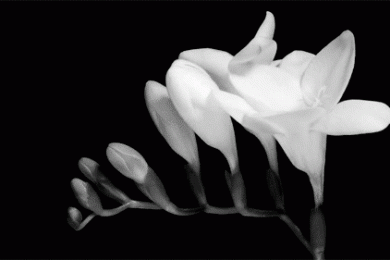For as long as it has existed, music had been used as an outlet for emotional expression for both its creators and its listeners. Artists and fans alike find music to have coping and healing qualities. With fans often crediting their favourite albums or artists for providing them with the motivation to push through their most difficult times, this fact is one that comes across as common sense.
Rap– can genre so heavily associated with profanity, substance abuse and violence ever be cathartic?
While it is a well-known fact that rap music often deals with confrontational themes, it’s existence has the same impact as many of its softer counterparts. With the mainstream popularisation of the genre, it’s difficult to imagine a world without a prominent hip-hop culture. It has gained such recognition and notoriety in such, it is safe to assume that rap music must have its redeeming qualities.
Rooted ideologically in advocacy, rap music has been a voice of empowerment for decades. Layered storylines told over beats ranging from simple to complex, there is something for everyone. Even if the words at face value have no commonalities with the lives of its listeners, the themes presented in each artists work are largely universal.
By definition, rapping is conversational. In essence, it is meant to communicate directly with its listener in a way that is mean to be responded to. As people have an innate connection to various musical elements, it is only natural that listening to it would evoke a response. Foundationally, rap is derived from various different musical genres; inspired and by African drums, jazz, blues, R&B, reggae, funk, and soul, and rap music and hip-hop, in general, embody a sort of struggle, growth, and success that the listener is having an instinctive response to. If employed effectively, rap music has the power not only to evoke action and awareness but also emotion.
(to be continued…)








